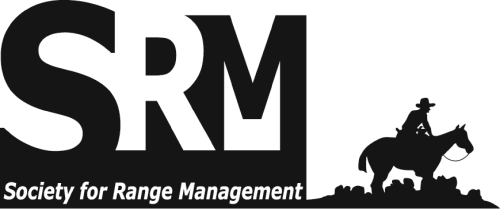Grazing management is not rocket science -- it's much more complex than than. Numerous scholars and practitioners have quipped that rangeland management is both art and science, and strongly both. This is because there are hundreds of variables affecting plant communities and the domestic animals managed by humans, which exist separate from the (at least)�dozens of sociological and psychological variables affecting the humans' decision-making processes and the humans' relative abilities to consider all of the interactions between the hundreds of natural variables, interactions which number in the many thousands. It is no wonder that ranchers feel strongly that, to some extent, they must manage "by feel", and that when permit administrators want to follow rigid guidelines it seems overly simplistic. Nevertheless, not everyone is a good artist, and good artists almost invariably become good by mimicking masters and following rules, which agencies are compelled to provide. In a best-case scenario, range/forest managers and livestock operators will work together to manage animals, people, plant communities, and the mix ecological goods & services under some kind of adaptive approach.�Several kinds of adaptability are needed: flexibility in grazing on and off dates, flexibility in duration of grazing, flexibility in stock density to accomplish varying grazing intensities relative to the plant community and long-term landscape goals, and flexibility in the methods used to enforce the provisions of a permit, especially where older permits omit language about adaptive management.

Oral presentation and poster titles, abstracts, and authors from the Society for Range Management (SRM) Annual Meetings and Tradeshows, from 2013 forward.